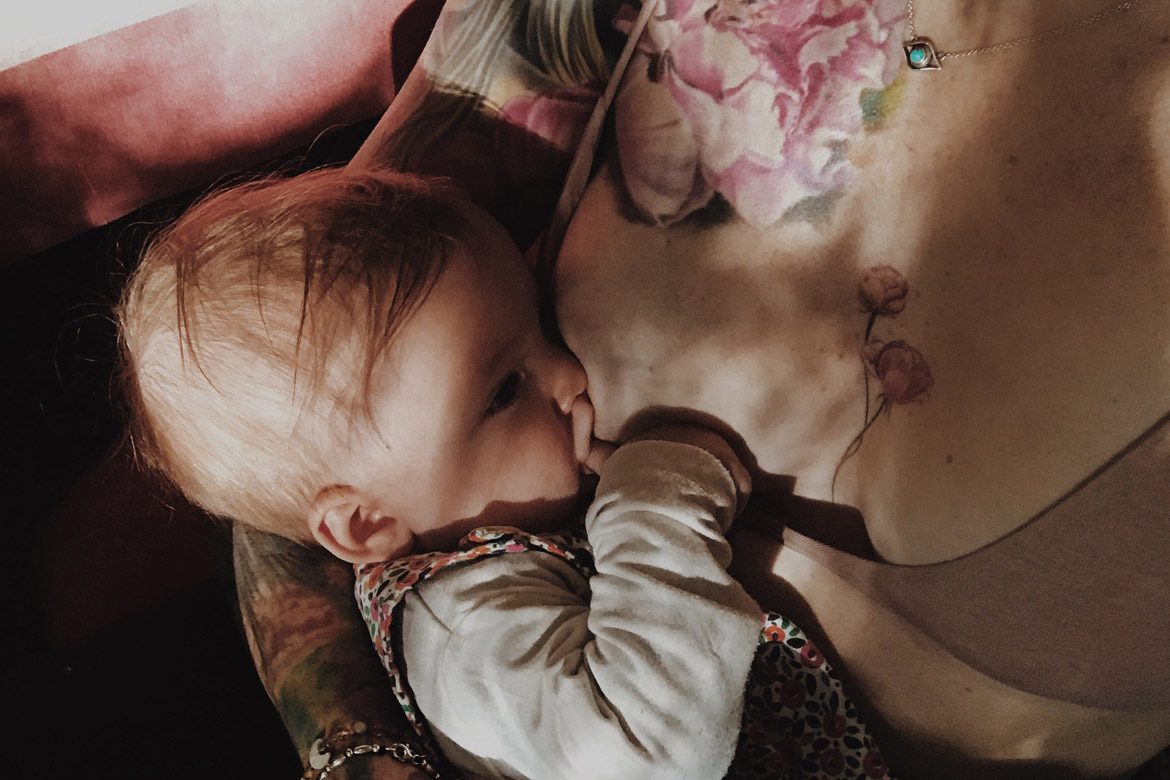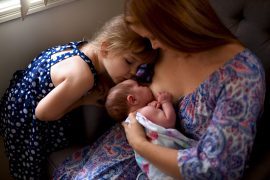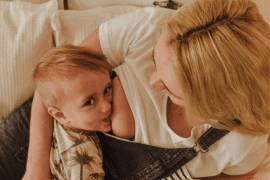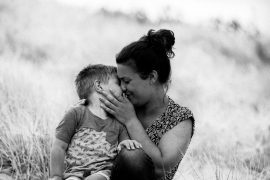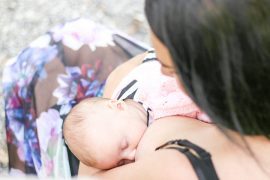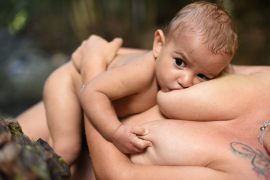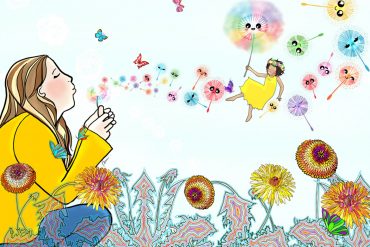By Becky Young
Dear Fed is Best,
I hear you. And I’m so sorry.
I want to share my story with you, because I think we may have walked a similar path and sometimes, it just helps to know that you are not alone. Our shared stories become our collective wisdom and there’s a distinct lack of that amongst us today. So I’m putting my heart on the line. I’m opening up a wound so deep; I usually dare not speak of it. And I’m doing it because we must not close our eyes to what can be learnt from stories like yours and mine. It is too important. We can use our sorrow to ease the suffering of others – and even to bring them the most wonderful joy.
I wanted to breastfeed my first baby. Inside a book given to me by my midwife there was a two-page segment on breastfeeding. Most of this was dedicated to proclaiming the benefits of breast milk. There was just one line that read, “Sometimes there might be a few problems with breastfeeding in the early days, but these can usually be ironed out very quickly.” I’d heard that breastfeeding could be painful at first and I assumed that’s what it meant. This was the extent of my breastfeeding knowledge.
My first few days with my baby were actually glorious in the moment. I thought everything was perfect. I was so in love with her, I was always staring at her in total awe. I made her. She was “a good baby”. (What does that even mean? Are there babies who are evil?) She hardly ever cried, fed four-hourly and slept all the time. I loved feeding her. Life was magical.
Our bubble was violently burst on her fifth day of life. The midwife came to weigh my beautiful baby and she had lost 20% of her birth weight. The midwives were baffled. They’d seen her feed a few times over the first few days and to them, she seemed to be feeding well. Everybody thought that 20 minutes or so every four hours was an acceptable amount to be feeding a newborn. I was asked to give my nipple a squeeze and when milk surfaced I was told “Oh, you’ve got loads.” She was a good colour, no jaundice, otherwise alert and well. They even questioned whether there might have been an error in recording her birth weight. Nevertheless, they thought it best to ring the hospital. Apparently, the pediatrician was not worried and decided that we should give her another three days to see what happened.
And so they left us. For another three days. To get on with it. To feed a lot. Precisely no practical advice on how to breastfeed a baby, what signs to look out for or what to expect as normal – because apparently, I was doing fine. And despite the fact that there was a wonderful breastfeeding counsellor running a weekly drop in and offering home visits in my local area, nobody thought that this would be a good moment to tell me about her.
Over the next week it was as though I were watching the worst nightmare of my life unfold before my eyes. It was as if I wasn’t really there, because it was all too awful to be real.
Over the next week it was as though I were watching the worst nightmare of my life unfold before my eyes. It was as if I wasn’t really there, because it was all too awful to be real. We ended up in hospital when she lost more weight. I watched the doctors tell me that they were deeply concerned about my baby, that they would need to transfer her to another unit for pediatric intensive care, that they would need to send a doctor and a nurse in the ambulance with her so we would need to make our own way as there wasn’t room for us. I watched the ambulance blaze past me on the motorway, blue lights flashing and siren blaring. Being separated from my precious girl was torturous.
There were moments of horrific trauma that week in intensive care. Like when they told us that they needed to re-hydrate her at a very specific speed and that if they got that wrong she could be left brain damaged. Or the time that her drip tissued and left blisters the size of her fist all along her arm, because somebody had given her a drip with potassium in. After that there were two hours of hell as the doctor tried desperately and repeatedly to replace her drip. When asked if it was a problem that she had been off the drip for that long, he replied with a simple yes. At one point they suspected she had a twisted bowel that was causing a problem with milk absorption and they did two x-rays on my tiny girl to rule that out, but we were worried she’d need surgery until they did. They tested my milk for elevated sodium levels – because it couldn’t possibly be that this baby just wasn’t getting fed enough.
My girl is now a very happy and healthy 9-year-old, thank goodness. But, all this time later I am still traumatised by my first breastfeeding experience, to the point that I am not able to talk about it.
I can only reason that for somebody to have launched a campaign such as yours they must have a story as harrowing as mine. I see your trauma scrawled over every meme and every blog post. I want to believe that your motivation is pure and that you are merely trying to spare other women from enduring what you have. I get it; I really do – definitely more than most. And had your campaign been launched soon after my first feeding experience and before I entered into my second I may well have jumped on board. I really do see the appeal. It would have been very comforting for me at that time to cry “Fed is Best!” with my sisters. I’d have felt validated. It would have relieved me of the massive guilt that was weighing me down.
But you weren’t around and I took my trauma and went another way. I got educated.
See next page for more…

